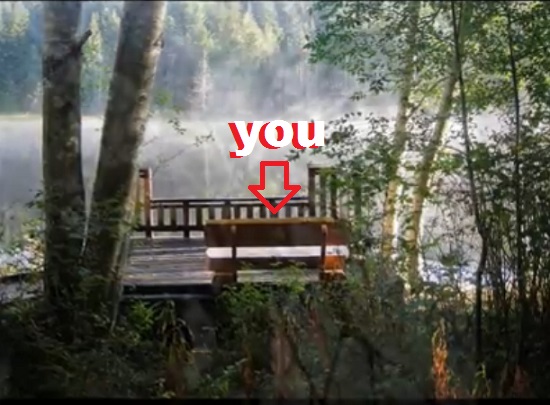Stress is ever present in current society, both personal stress and workplace stress contribute to the well documented link, between stress and chronic conditions. Data available from Statistic Canada’s – National Population Health Survey, demonstrates that personal stress is predictive of the development of a chronic health condition over the next four years (Statistics Canada, 2003). The long term impact of these chronic health conditions can result in significant activity limitation from heart attack, diabetes, migraine, or arthritis or back problems. Even more daunting is the higher predictive value of death for individuals suffering from cancer, bronchitis/emphysema, heart disease or diabetes.
The practice of forest bathing itself is not a new concept.
Prior to the industrial revolution being “in nature” was part of everyday life. The Japanese term Shinrin-yoku meaning “taking in the forest atmosphere or forest bathing” was officially coined by the Japanese Ministry of Agriculture, Forestry, and Fisheries in 1982. (Park et al. 2010)
This novel practice of bathing in nature, demonstrates a wide variety of health benefits from which individuals in modern society can stand to gain. With the increasing amount of individuals living in urban settings the exposure to nature is diminishing.
Field studies performed in Japan measured salivary cortisol levels (more commonly known as “stress hormone”) in university individuals.
The students were divided into two groups, one to spend a day in a forest setting, the other in a city setting. Lower levels of stress hormone, as well as lower blood pressure and pulse rate was found in individuals in forest location. (Park et al. 2010)
Further evidence has been documented to the demonstrate the reduction of stress resulting from forest bathing, through the improvement immune function with exposure to the natural environment. Given that immune function is key in the prevention of chronic diseases this evidence is exciting. Natural killer cells as they are ingeniously named are cells within the immune system which kill tumors or virus infected cells, through the release of enzymes which break down the cells. In research studies natural killer cells have been found to be elevated for seven days after the forest bathing trip (Qing, 2010). This seven day window of improved immune function is great news for the weekend warrior in all of us.
Many of us who live in North America are blessed with exposure to forest just outside our doorsteps. This being said it doesn’t mean we always take advantage of it: between commuting to work, family and social commitments, going from the house to the car may be the norm. For the Silo, Ashley Beeton.
References
Park, B.J., Tsunetsugu, Y., Kasetani, T., Kagawa, T., & Miyazaki, Y. (2010) The physiological effects of Shinrin-yoku (taking in the forest atmosphere or forest bathing): evidence from field experiments in 24 forests across Japan. Environ Health Prev Med, 15,18–26.
Statistics Canada. (2003) Stress and Well-being (No 82-003). Retrieved from http://www5.statcan.gc.ca/access_acces/alternative_alternatif.action?l=eng&loc=http://www.statcan.gc.ca/pub/82-003-x/2000003/article/5626-eng.pdf&t=Stress%20and%20well-being
Qing, Li. (2010) Effect of forest bathing trips on human immune function. Environ Health Prev Med, 15,9–17.


One thought on “Have You Heard About “Shinrin Yoku” Forest Bathing?”